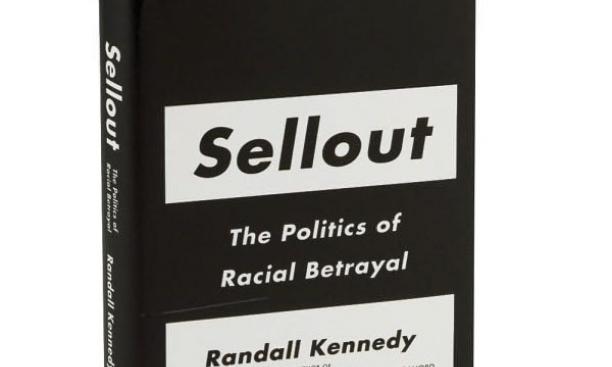

In this issue’s cover story, Harvard University law professor Randall Kennedy ’77, who is African-American, says that he doesn’t mind the biting criticism that his work sometimes engenders in the black community. Kennedy enjoys taking on the most controversial of topics and following an argument wherever it leads, and because of his work, he has been called a sellout. But rather than back off, Kennedy wrote a book about the topic: Sellout: The Politics of Racial Betrayal.
Many people claim to put their faith and trust in free speech. Kennedy, it seems, lives it. ”No hard feelings,” he told PAW writer Mark F. Bernstein ’83 of those who disagree with his work. “I have tremendous respect for my fellow professors, including those who have been extremely critical.”
Kennedy had a friendly audience when he gave a short talk about Sellout in Chancellor Green in March. All groups — from families to nations — have anxiety about disloyalty and betrayal, Kennedy said. And all groups exercise some degree of coercion to maintain the loyalty of their members.
Coercion to prevent selling out isn’t always bad, Kennedy acknowledged in his talk: The Montgomery bus boycott, a turning point in the civil rights movement, succeeded in part because of the pressure applied against community members who had grown tired of walking and wanted to ride the buses again. “They were told in no uncertain terms that if they did not get off the buses, there would be a problem — their name would be mud in black Montgomery,” Kennedy said. “In this case, I’d say, ‘fine.’”
Still, he continued, group coercion can turn into group tyranny, which cuts debate short because people grow reluctant to say what they think. Kennedy noted that he has watched it occur in university classrooms. What happens then? “Thinking might not get pushed as far as it should be pushed. ... Policies might not be examined in full.” And that, Kennedy believes, hurts everyone.
This issue also includes the follow-up to our Jan. 28 cover story on Princeton’s most influential alumni, as chosen by a panel of faculty and alumni. As the article on page 24 explains, PAW received dozens of responses; while most readers suggested names for the top-25 list, a few proposed additions to a list of about 250 alumni that had been posted online.
That longer list had been prepared to assist the panel as it began to make its selections; it was not intended as a comprehensive list of accomplished alumni. The list was shared with faculty department heads, panel members, and other experts in advance, and many names were added in the process. However, some names that might have been included were omitted. We will be appending names to the list, which is available at www.princeton.edu/paw/top25. We will continue to publish letters on this topic, in print and online, as they come in.
